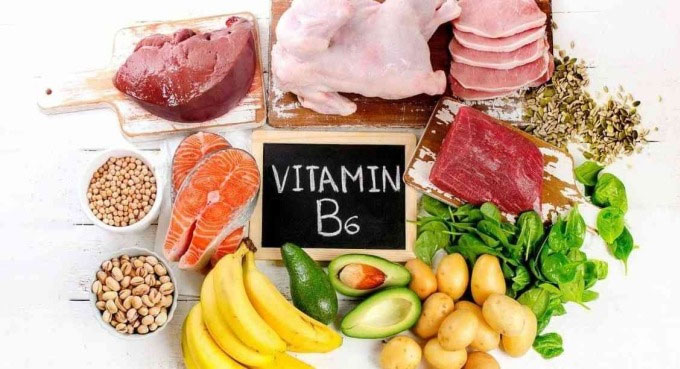To improve water retention issues, you should limit salty foods and increase your intake of potassium and magnesium-rich foods such as bananas, dark chocolate, and leafy greens.
1. Caffeine

Caffeine is abundant in coffee, cocoa, and certain types of tea…
Many studies have shown the diuretic properties of caffeine. In addition to coffee, this compound is also found in green tea and black tea. Therefore, when you consume coffee, you tend to urinate more frequently, which helps reduce water retention. However, it is essential to drink plenty of plain water afterward to maintain your body’s hydration and electrolyte balance.
2. Foods Rich in Potassium
Sodium binds with water in the body and helps maintain the balance of fluids both inside and outside of cells. If you have a habit of consuming salty foods and high sodium levels, your body is likely to retain more water. To excrete sodium and reduce swelling, you should increase your potassium intake, which helps balance fluids in the body and reduces the likelihood of water retention. Foods rich in potassium include bananas, kiwis, tomatoes, and spinach.
3. Foods Rich in Magnesium
Magnesium is involved in over 300 enzyme reactions in the body, helping to stabilize bodily functions while limiting water retention and swelling. Good sources of magnesium include nuts, whole grains, dark chocolate, and leafy greens.
4. Vitamin B6

Vitamin B6 helps balance fluid levels in the body.
Vitamin B6 is a water-soluble vitamin that can regulate fluid balance in the body, effectively reducing swelling. Foods rich in vitamin B6 that can be added to your daily diet include chicken, seafood, and tofu.
In addition to incorporating the four types of foods mentioned above, experts also advise avoiding frequent consumption of processed foods due to their high sodium content. Additionally, you should develop a habit of eating less salty food to prevent swelling and reduce the risk of hypertension-related diseases.


















































